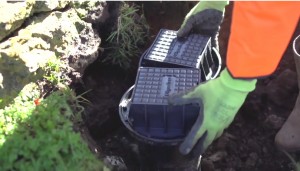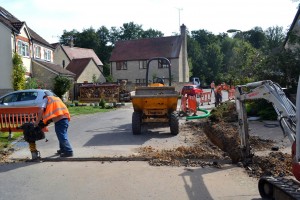Matthew Hare granted an OBE Honour for rural broadband in the UK
Articles
Queen’s Birthday Honours for CEO of Rural FTTP ISP Gigaclear | ISPReview
Matthew Hare awarded OBE for services to broadband provision | ThinkBroadband
From the horse’s mouth
UK Government – Cabinet Office
Previous coverage about Matthew Hare OBE
New ISP players working against established players to provide competitive Internet service
First it was Hambleton, now it’s Uppingham to have fibre-optic broadband in Rutland
My Comments
I have given a fair amount of coverage to Matthew Hare and his company, Gigaclear, on this Website. This is due to the effort put in by Matthew Hare and this company to put fibre-to-the-premises broadband in to a significant part of rural England like East Anglia, the Home Counties and now Devon.
As I have highlighted before, rural areas do have a real need for urban-grade broadband Internet service. This is due to the many small businesses that serve these areas, including people who run these businesses from home along with people who live a significant distance from friends and family who are based in city areas. In some cases
It has also encouraged other independent fibre-to-the-premises networks to exist like the Hyperoptic urban network and the B4RN communitiy-driven rural networks.With these networks, the provision of current-expectation Internet service has been about working independently of BT Opennreach who look after the main telecoms infrastructure of the UK.
As I have covered before, Gigaclear have invested GBP£1000 / property to provide a standard of broadband not normally associated with a rural-broadband deployment. It is to provide a symmetrical Gigabit service using fibre-to-the-premises technology rather than a fibre-copper technology which can introduce many variables like decrepit infrastructure.
Just recently, Matthew Hare and Gigaclear received FTTH awards from the FTTH Council Europe who represent European fibre-to-the-premises network providers. This was because of his successful use of that technology in British rural areas.
Now Matthew Hare has received an Order of the British Empire as part of the 2018 Queen’s Birthday Honours thanks to his groundbreaking effort in providing broadband Internet service that is beyond ordinary for rural areas. This Honour, fully referred to as “Officer of the Order of the British Empire” was cited as for “Services to Broadband Provision in the UK”.
There have been some other Royal honours issued in relationship to providing independent Internet service using independent high-grade infrastructure within the UK. One of these is Dana Tobak CBE, whose Honour was granted as part of the New Year’s Honours list in 2017-2018 for her work with Hyperoptic and two granted in 2015 in relationship to the B4RN effort – Christine Conder OBE and Barry Forde MBE.
What these awards are showing is that someone has gone out of their way to provide a high standard of Internet service to Britain’s rural community and has broken the ground to offer it independently of an established incumbent telco or ISP.

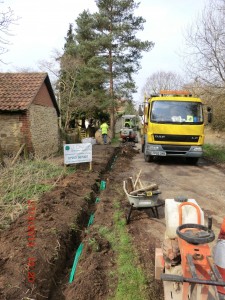

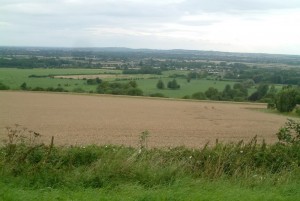
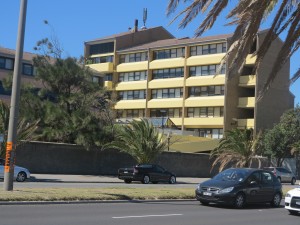
![Epping Forest © Copyright tim and licensed for reuse under this Creative Commons Licence tim [CC BY-SA 2.0 (http://creativecommons.org/licenses/by-sa/2.0)], via Wikimedia Commons](https://homenetworking01.info/wp-content/uploads/2015/07/geograph-096109-by-tim-300x225.jpg)
![Cotswolds hill and village picture courtesy of Glenluwin (Own work) [CC BY-SA 3.0 (http://creativecommons.org/licenses/by-sa/3.0)], via Wikimedia Commons](https://homenetworking01.info/wp-content/uploads/2015/06/Village_seen_from_a_mountain_in_the_Cotswolds_-_1983-300x196.jpg)
